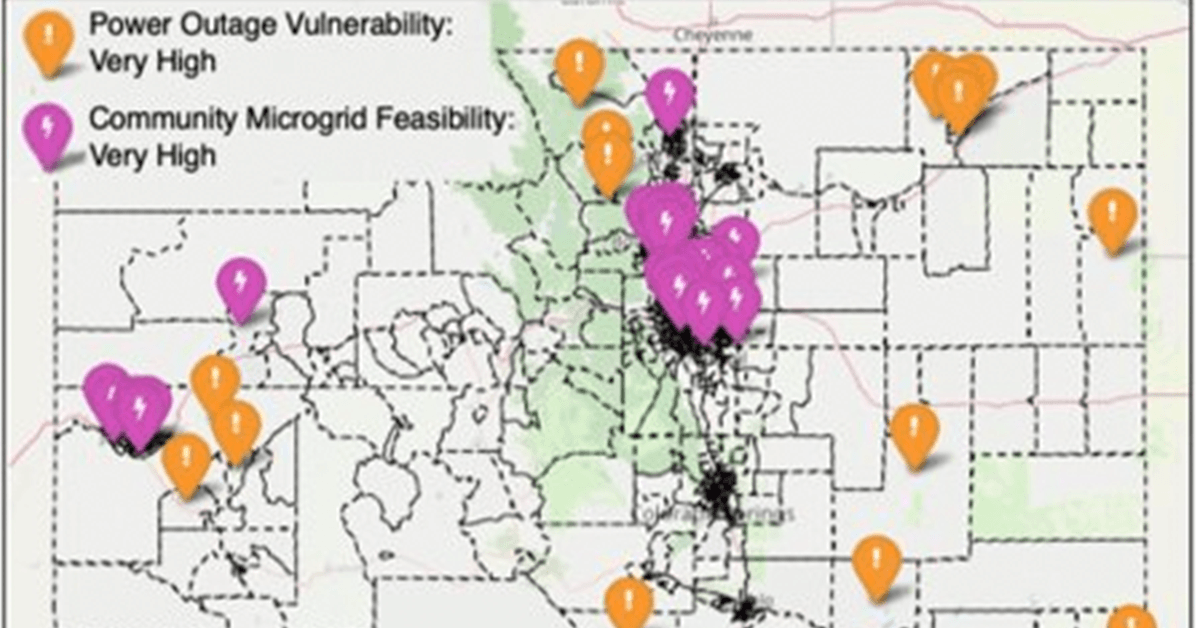2020 Award Recipient
Integrated Solar Energy for Sustainable, Resilient, and Equitable Communities
Date: 10/1/2020
Principal Researchers: Serena Kim
Unit: School of Public Affairs
Project Abstract:
Accessing clean, reliable, and affordable energy is integral to sustainable, resilient, and equitable communities. While some areas in Colorado have taken advantage of solar rebates and financial incentives and have incorporated solar energy into their energy portfolio, other areas have lagged behind in their energy transition. The gap between leading and laggard areas raises important equity concerns as cities and neighborhoods with greater capacity will disproportionately benefit from renewable energy development. In order to ensure fair and equitable access to renewable energy technologies, we need a more comprehensive understanding of the determinants of renewable energy deployment, including community demographics, local policy, and energy market conditions. We focus on four activities to understand geographical disparities in solar photovoltaic deployment.
First, we will build a machine learning algorithm to obtain an accurate estimation of solar photovoltaic density in Colorado using satellite imagery. Second, we will build a solar-specific natural language processing model and measure public opinion toward solar energy using data from Twitter. Third, we will examine whether the geographical disparities in solar deployment correlate to public sentiment at the city level and the place-based factors, such as demographics, public policy, and energy market conditions. Fourth, based on the results of this examination, we will identify four case study cities in Colorado and conduct in-depth interviews with community stakeholders, to understand community-specific opportunities and challenges for solar photovoltaic deployment. This project will provide a robust list of energy transition and planning strategies for allowing marginalized communities to benefit more from renewable energy development.
View project updates from the 2021 Fall Research Showcase [PDF]
Serena Kim Bio:
Serena Kim is a Scholar in Residence in the School of Public Affairs. She studies how public opinion, energy market, public policy, and institutional arrangements shape renewable energy transition. Her work has appeared in Energy Policy, Policy Studies Journal, Policy & Politics, Journal of Public Health Management & Practice, Urban Planning, and Journal of Environment & Development.
CMS Login